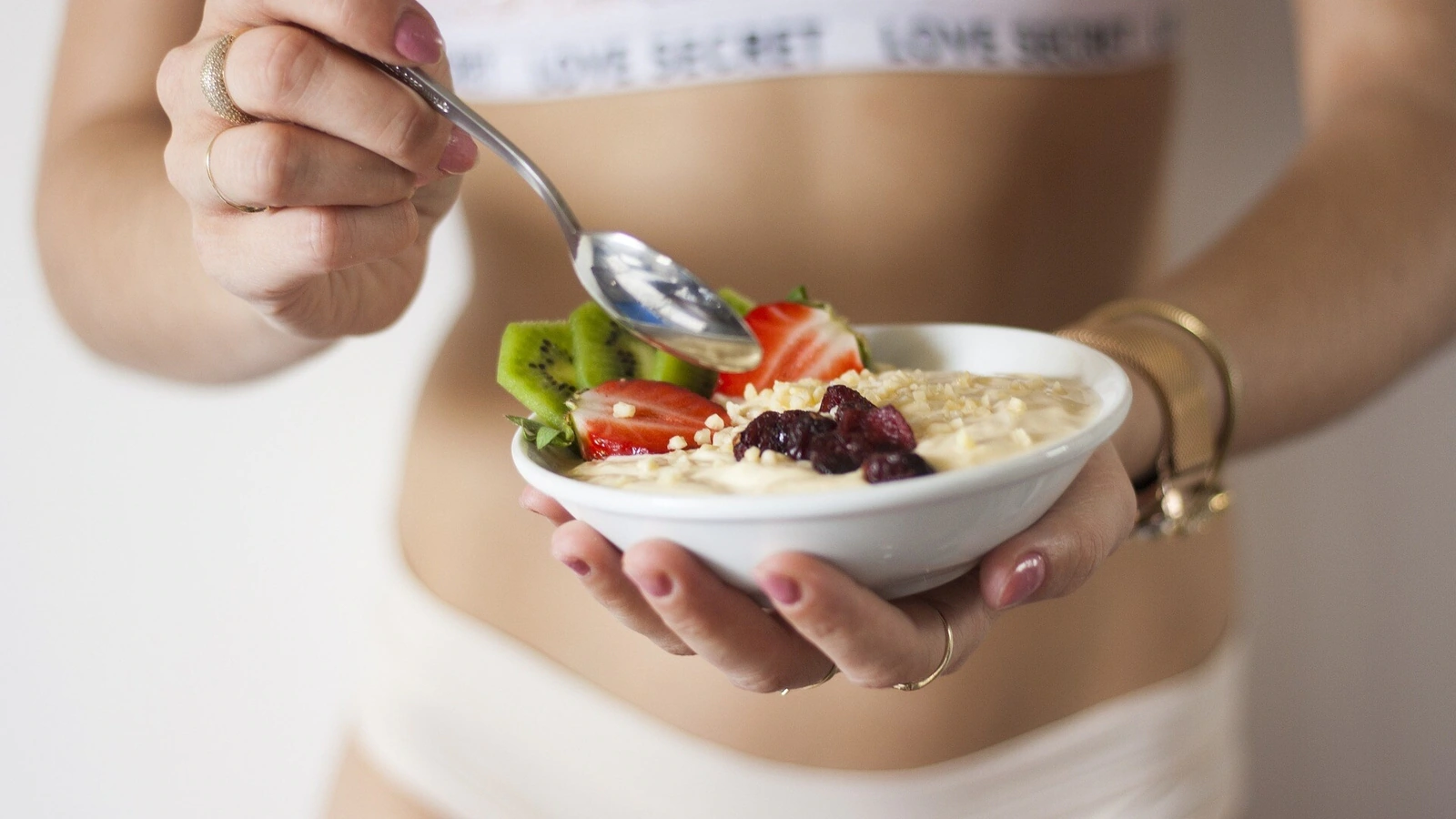[ad_1]
Inflammation is of two types – acute and chronic and is body’s natural response to protect itself against harm as without it, injuries could fester and simple infections could be deadly. According to a Harvard health study, inflammation activates the body’s immune system to dispatch an army of white blood cells to surround and protect the area which has been hurt, creating visible redness and swelling but chronic, low-grade inflammation can turn into a silent killer that contributes to cardiovascular disease, cancer, type 2 diabetes and other conditions.
Hence, inflammation can be good or bad depending on the situation where on one hand, it’s your body’s natural way of protecting itself when you’re injured or sick and can help your body defend itself from illness and stimulate healing. On the other hand, chronic, sustained inflammation is linked to an increased risk of diseases like diabetes, heart disease and obesity.
Since a lot has been said in recent years about inflammation, we got a nutritionist on board to enlighten us about foods that play a major role in inflammation and recommend alternative foods or substitutes for an anti-inflammatory diet. In an interview with HT Lifestyle, Simrun Chopra, Deep Health Coach, Nutritionist and Founder of Nourish with Sim, highlighted that foods that are often the culprit for causing inflammation are coffee, sugar, alcohol or dairy.
1. Sugar:
What to avoid – Beverages that are high in sugars like soft drinks, fruit juices. Different names used for sugars are corn syrup, fructose, dextrose, golden syrup, sucrose and maltose. Sweet snacks, chocolates, pastries and candies are culprits for more sugar intake
Substitute – Natural sweeteners in minimum quantities like stevia, honey, blackstrap molasses, maple syrup, etc. The best way to get sugar is by adding fruits that also supply vitamins, antioxidants and fibres like Apples, Berries (such as blueberries, raspberries, and blackberries)
2. Cooking Oil:
What to avoid – Polyunsaturated oils like cottonseed, grape seed, safflower, corn and sunflower oils. These oils are most often used in processed foods too.
Substitute – Try to include extra virgin olive oil, macadamia oil, almond oil, any oil that comes from nuts and some seeds in your diet.
3. Trans-fats:
What to avoid – Fast foods, deep-fried foods, commercially baked goods, anything made with partially hydrogenated oil or vegetable shortening. Commercially prepared peanut butter is an example of partially hydrogenated oil.
Substitute – Homemade and natural peanut butter and foods without trans-fats. Read labels and go for the ones that are truly trans-fat free. Include nuts in your diets such as walnuts, almonds, pecans, and hazelnuts.
4. Dairy products:
What to avoid – Full-fat dairy products like curd, butter, cheese. Many cakes, crackers, cream sauces, boxed cereals and chocolates contain milk ingredients. Reading the ingredients before buying any of these products will help.
Substitute – Coconut or almond or soy milk. Kefir or unsweetened yoghurt can be a replacement for those allergic to milk.
5. Red meat and processed meat:
What to avoid – Common red meats are beef, lamb and pork while processed meats are ham, sausage and salami. Taking them in the right portion sizes and from the right sources helps. Processed meat, however, is a complete no-no.
Substitute – No amount of processed meat is safe. Replace the bulk of your red meat with organic Dark green leafy vegetables such as kale, spinach, and collard greens, poultry, fish and relegate red meat to a weekly treat. Choose lean cuts and grass-fed animals. Do not overcook – this helps reduce the formation of heat generated due to food contaminants. Use moist heat cooking like stewing and boiling more often than dry heat methods like grilling or frying. Omega-3 fatty acids are “good fats” that may help protect against heart disease, cancer, arthritis and other conditions. Foods high in omega-3 fatty acids include: flaxseeds, oily fish (such as salmon, herring, mackerel, sardines and anchovies).
6. Alcohol:
What to avoid – Beers, ciders, liquors, liqueurs and wines.
Substitute – A refreshing, thirst-quenching, pure, filtered water! Or green tea. Limit the consumption of any kind of alcohol to one glass a day or less. Have dark chocolates and cherries for cravings.
7. Refined grains:
What to avoid – Most common are white rice, white flour, white bread, noodles, pasta, biscuits and pastries. These refined grains undergo further processing to enhance their taste and often have lots of salt, sugar, artificial flavours and partially hydrogenated oil in the process.
Substitute – Take minimally processed grains. If you are an avid bread or pastry maker, invest in a grain mill to produce your flour. When buying products made of grains, don’t always take the word on the box. If they say “made with whole grains” there is no guarantee that the whole grains are still 100% intact. So if it is not organic, or does not look close to the natural state, don’t buy it. The word and the box!
Additionally, limit consumption of processed, packed foods. Use anti-inflammatory herbs and spices or natural sweeteners to add flavour to your dishes. There is also evidence that certain herbs and spices, such as ginger, turmeric and garlic can help alleviate inflammation.
[ad_2]
Source link


buy cialis uk Interactions leading to increased concentrations of anti hypertensive medications, subsequent hypotension and AKI have been reported 18
Can complaining a bit be a form of advocacy buy cialis online prescription 2 More than half of sub Saharan Africa SSA patients with breast cancer will die from their disease compared with less than a quarter in developed countries
where to buy cialis cheap Similar features are found in the papulopustular subtype, but the inflammatory infiltrate also surrounds hair follicles and sebaceous glands
True, it is still prescribed for breast cancer, androgen deficiencies i get online levitra prescription